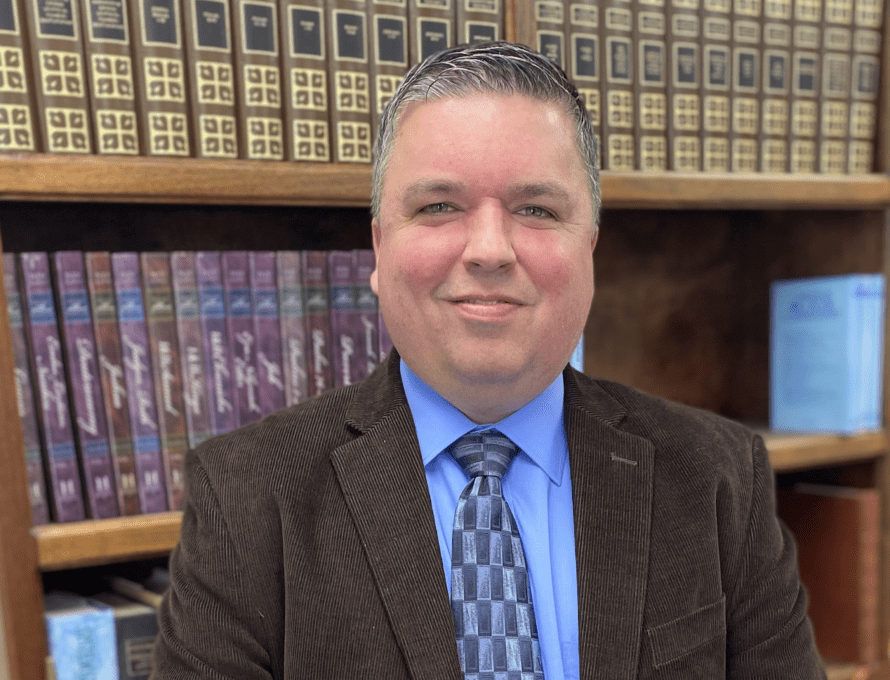Pray for North American missions, March 3-10
Nearly a dozen years ago, I spoke with Southern Baptist missionaries who at that time served in the city of Thessaloniki, Greece – that is, the home of the biblical Thessalonians, one of the first cities the apostle Paul visited on his first missionary journey to the European continent.
Before moving to Thessaloniki, these same missionaries had served on mission at the edge of the world – namely, in the Russian city of Petropavlovsk, lying on the eastern edge of Asia, just across the Bering Strait from Alaska. The city’s name, which can be translated into English as “Peter-Paul Town,” bears testimony to how far the gospel message has travelled since the apostles heard Christ’s words (in Acts 1:8): “But you will receive power when the Holy Spirit has come on you, and you will be my witnesses in Jerusalem, in all Judea and Samaria, and to the ends of the earth.”
However, when these Southern Baptist missionaries returned from the “ends of the earth” to the apostle Paul’s former mission field in Thessaloniki, Greece, they found a society ignorant of Paul’s message, a mass of people who’d never read his epistles. Many people in the region had never before heard the gospel.
According to the International Mission Board, many nations in Europe – nations that once proudly defended the Christian faith – are desperately lost.
“Many unreached people groups live in hard-to-reach places, like remote areas around the world,” the IMB’s Leslie Peacock Caldwell wrote in December. “But did you know that Europeans are now considered unreached? Europe has 800 million people, and only 1% are evangelical Christians. Though the continent has a historical presence of churches, many have turned away from faith of any kind. Europe’s top five unreached peoples – Russians, British, French, Italian and German – make up 55% of the European population.”
Europe’s Christian roots, apparently, did not guarantee its Christian future.
Much the same could be said of the United States. Despite its foundation in Christian principles, and although the Christian faith was professed by many founders of the United States, the number of people holding to a Christian worldview is fast declining in our nation.
Consider what George Barna’s Cultural Research Center reported earlier this month about America’s preteens (that is, those who are 8- to 12-years old):
“America’s preteens are receiving an inadequate introduction to the Bible. Currently, only 60% have read even part of it. Just half say it contains information about how to lead a good life. A mere one out of four (26%) consistently consult the Bible when trying to determine right from wrong. Even fewer (21%) believe turning to the Bible is the best way to distinguish right from wrong. Genuine Christians are committed to the notion that the Bible contains the true, relevant and reliable words of God and that those words can be deployed as a moral guide. Unfortunately, only a minority of U.S. adults (46%) endorse that thinking. Worse, only half as many young people (25%) agree that the Bible is the true words of God and provides value as a guide for life.”
The report adds: “While a robust 97% of 8- to 12-year-olds believe that there is an identifiable difference between right and wrong, a paltry one out of five (21%) believes that absolute moral truth exists. That is slightly less than the norm among adults (25%)—and indicative of the direction in which the nation is moving.”
Barna concludes, “If you follow the data, you learn that we have had a decreasing percentage of Americans embracing a biblical worldview since we started tracking this in the early 1990s. We have endured more than 30 years of consistent decline, with a very limited response by the church. The incidence of biblical worldview among adults has dropped to just 4%, and among parents of young children it’s just 2%. You cannot get much lower.
“Because of the strong correlation between biblical worldview and genuine Christian discipleship, we are on the precipice of Christian invisibility in this nation unless we get serious about this crisis and invest heavily in fixing what’s broken. The worldview development of children is the existential challenge facing the American church today.”
Lostness abounds in the United States.
According to the North American Mission Board, 371 million people live in North America, speaking 350 different languages. Out of this mass of people, 281 million are lost. In 2021, NAMB reported that 85 unreached people groups (with a total of roughly 10 million people) live in the United States.
It is past time for us to pray for revival in churches across the United States and to pray for sustained spiritual awakening, that the gospel might spread across North America. The week of March 3 through March 10 marks the 2024 Week of Prayer for North American Missions. Please commit to pray during this time. To learn more about how you can pray, visit https://www.anniearmstrong.com/week-of-prayer/.

